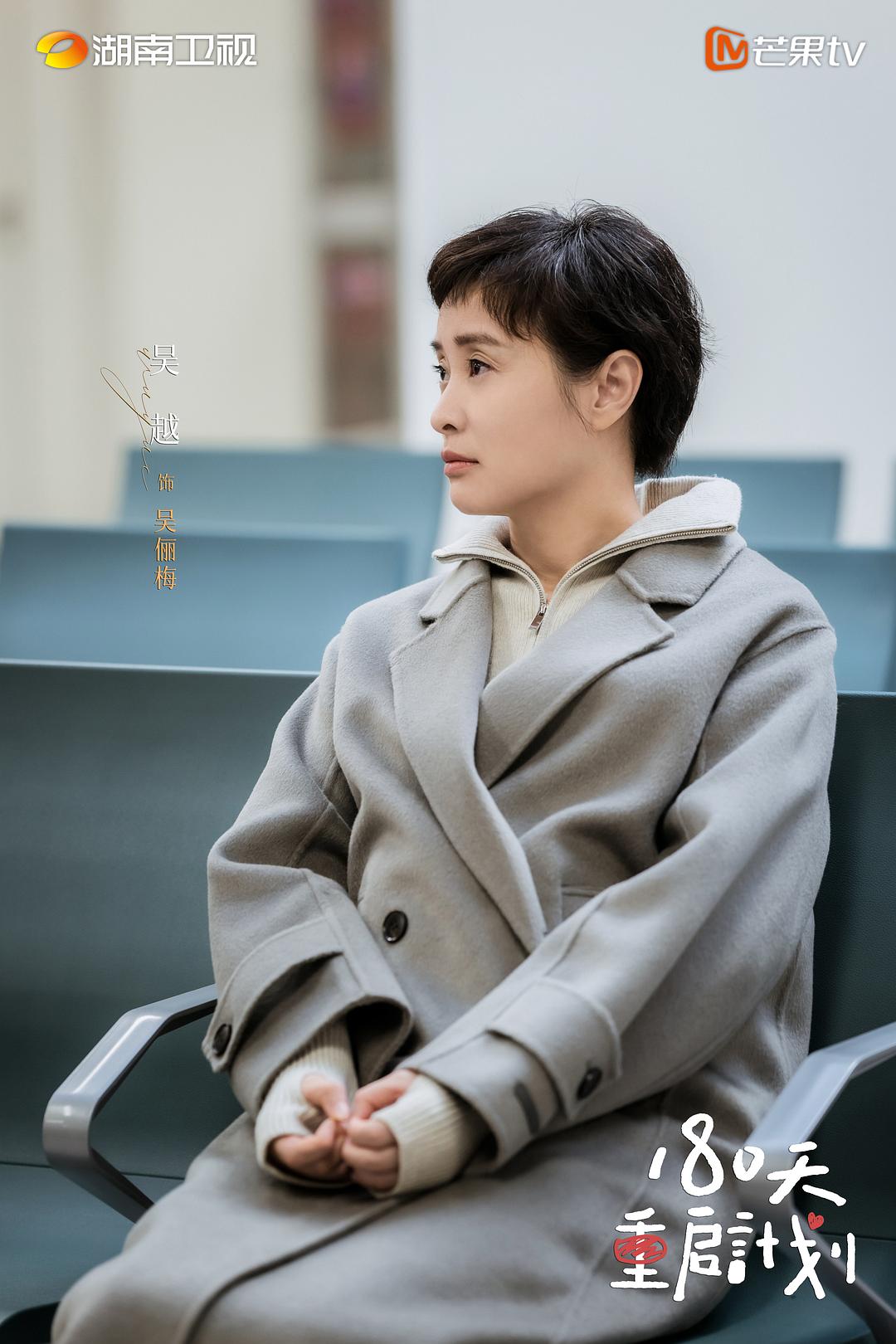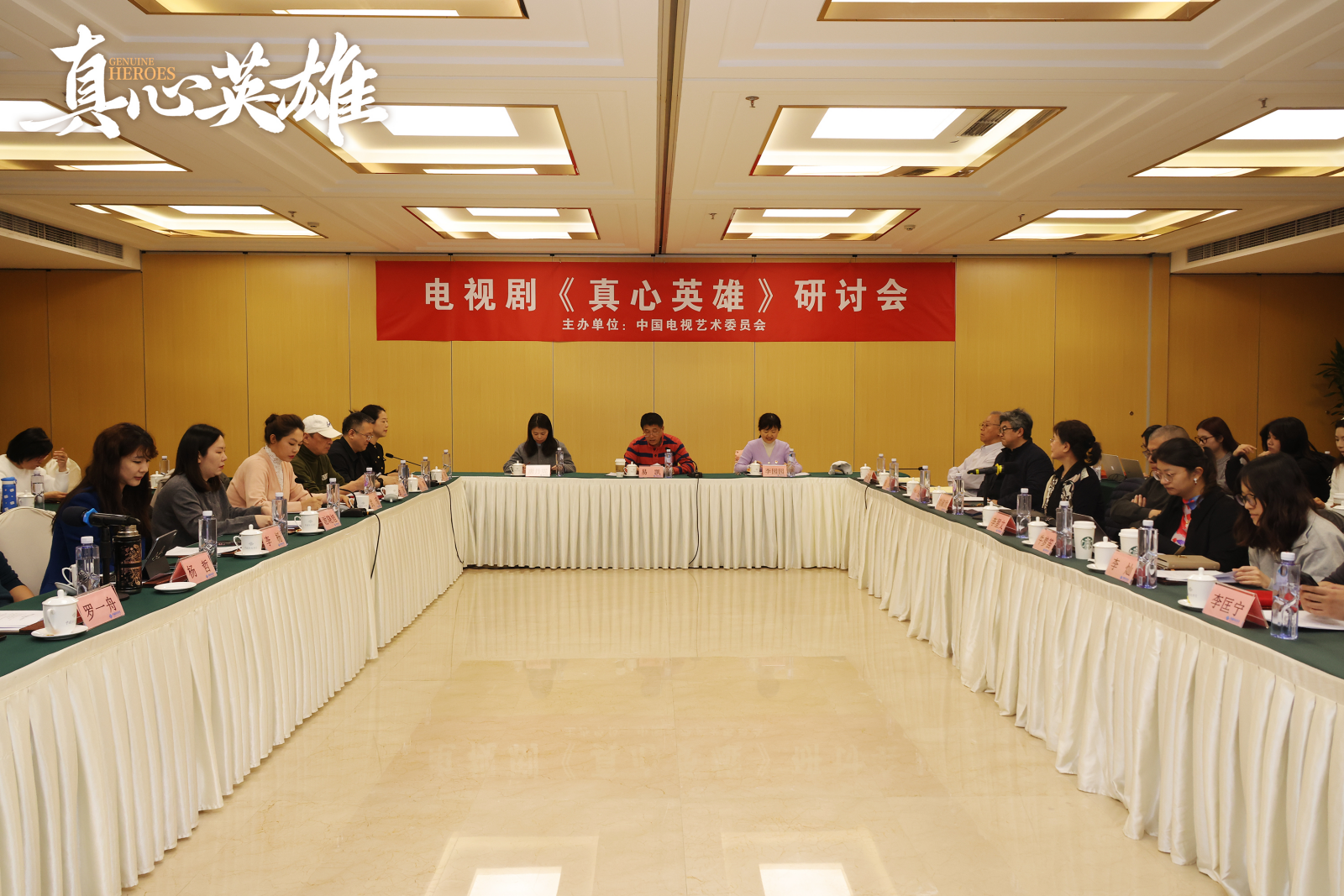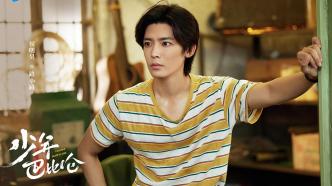
Mo Yan, Yu Hua and others who were born in the 1950s and 1960s are still riding high in the literary world, and have even become Internet celebrities on social media; the New Northeast writers born in the 1980s are in the limelight, and their works are constantly being adapted to the big and small screens. In comparison, writers born in the 1970s like Lu Nei seem to have been "forgotten" by many people. In this regard, it is a good thing that "Babylon" can be remade after all.

"Young Babylon" poster
But the TV series has encountered controversy from the first scene of the first episode. The protagonist Lu Xiaolu accompanied his friends to confess to the girl he loved on the day of the college entrance examination. As a result, he accidentally got into conflict with the workers in the factory, so he met Bai Lan, but he also missed the college entrance examination. Many netizens couldn't sit still on the spot: This drama is too unrealistic. How could anyone treat the college entrance examination as child's play?
It cannot be said that such criticism is wrong, but for today's young people, whether it is "Young Babylon" or "Little Road", they have become increasingly blurred in the long river of time.
What is "Babylon"? In "Genesis", ancient people wanted to build a tower as high as the heavens, which angered God. God divided people's languages. Due to language barriers, the people who built the tower were ultimately unable to work together to complete the tower. In Lu Nei's novels, "Babylon" is a metaphor for the loss of faith, the ambiguity of value, the emptiness of life and painful struggle.
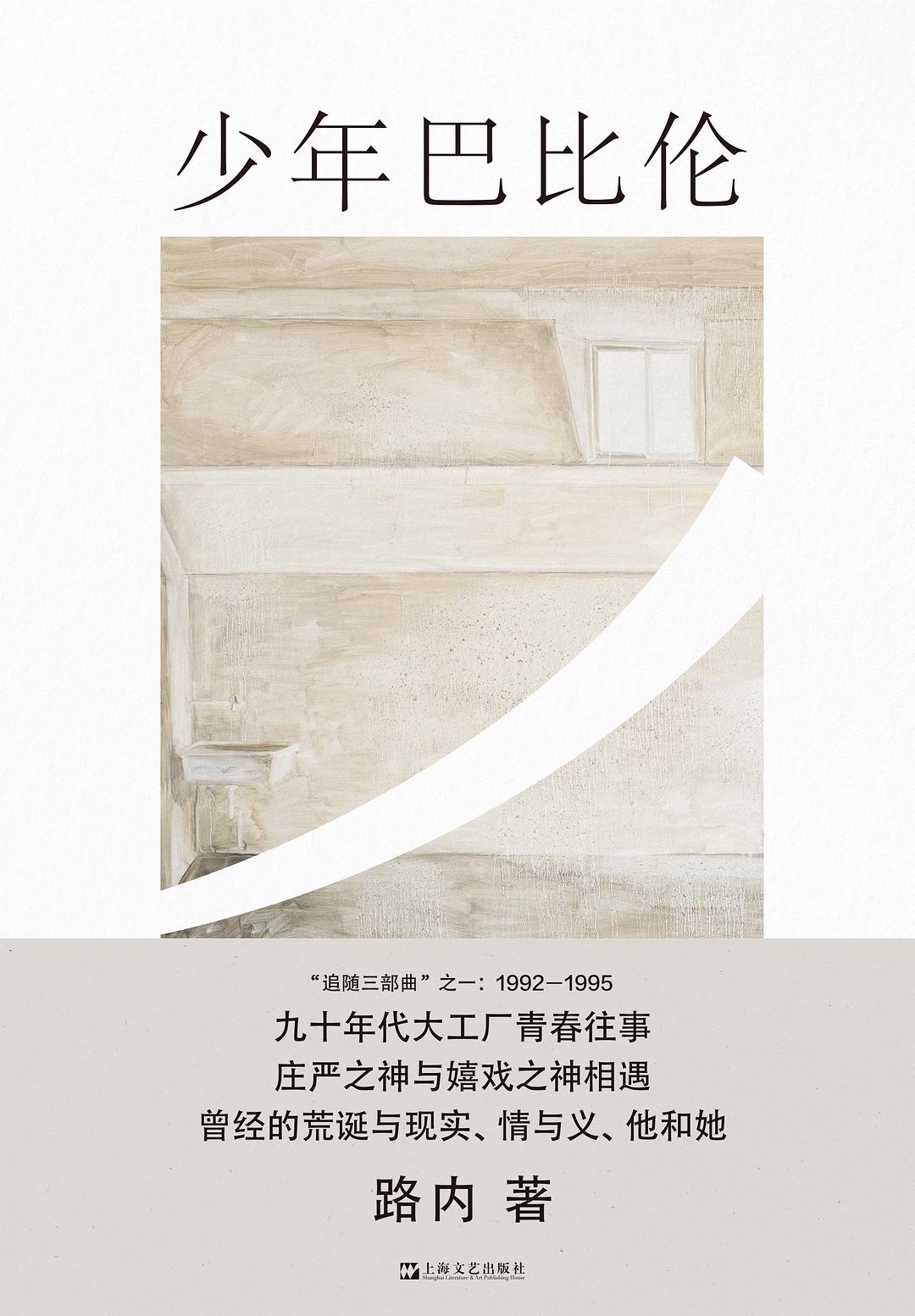
The waistband of "Young Babylon" reads: Past memories of youth in big factories in the 1990s
Therefore, the TV series adaptation may not be so "outrageous". The ideals and thinking of young people in the 1990s may have become difficult to understand today - for example, "realizing personal value" has been increasingly simplified to the postgraduate entrance examination or the public examination. Criticizing them as utilitarian may seem pedantic and hypocritical, but ridiculing the "nonsense" of Lu Xiaolu is also a manifestation of the gap between the times.
If Yu Hua's "Going Away at 18" allows the protagonist to move from personal fission to loneliness and maturity, then the Lu Xiaolu people in "Young Babylon" have never been able to get rid of individual pain and confusion. This confusion comes from the game between the stimulating and restless market economy and the stable and outdated planned economy, and also comes from the contradiction between the boring life of young people in chemical engineering technical schools and their poetic and literary tastes - this is also what China's great economic and social transformation in the 1990s has brought to everyone. A huge shock to life.
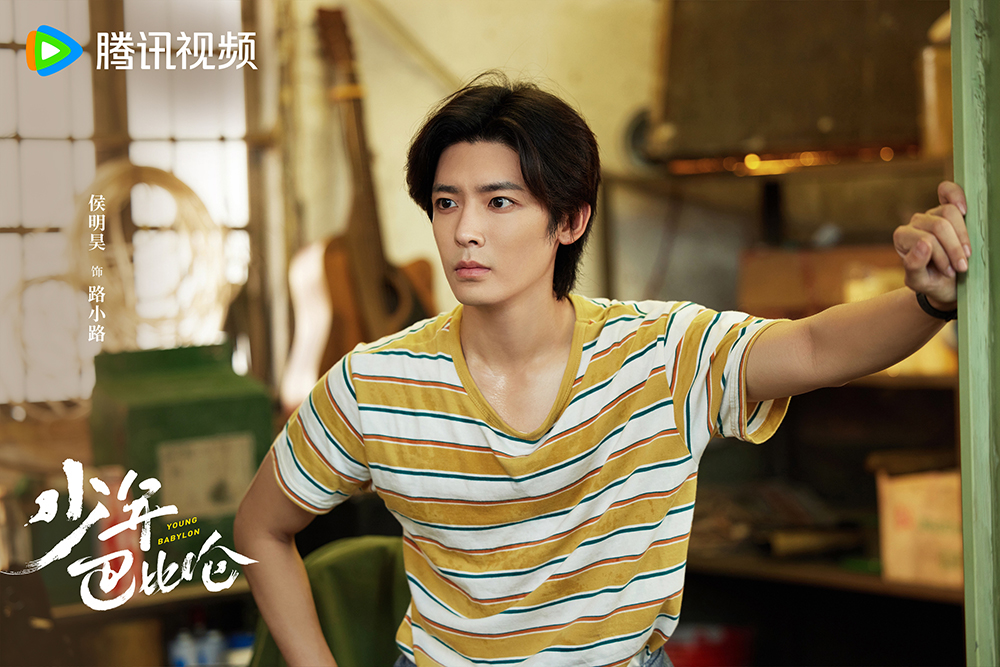
"Young Babylon" stills
In other words, if we leave this general background, it is impossible for us to understand Lu Xiaolu and "Young Babylon", and understand why this group of young workers waste a lot of time and energy on "struggles" with factory leaders every day, and even many In the seemingly boring social disputes - when young people have nowhere to vent their depression and hormones, these "outrageous" behaviors will occur.
But the fatal problem of TV series adaptation is also here. Although Lu Xiaolu has a cynical side, he also has serious thoughts about life and life. But in the TV series, Lu Xiaolu, played by Hou Minghao, is obviously closer to the rebellious teenager in the youth idol drama. His ideal is to be a "Little Ma" and protect the people around him. Dong Zijian's performance in the movie "Young Babylon" was at least closer to Lu Xiaolu in the novel - stubborn with a bit of innocence, persistence with a bit of childishness, while Hou Minghao in the TV series is obviously still a youth idol drama regular performances.
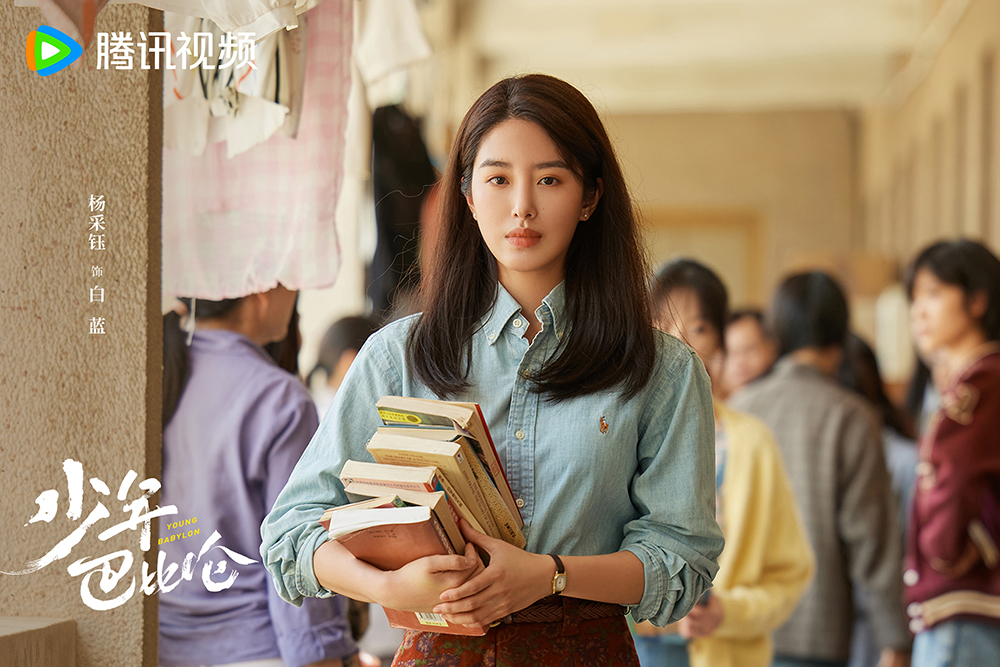
"Young Babylon" stills
Bai Lan, played by Yang Caiyu, also has a relatively large deviation. In fact, the arrival and rescue of the "sister-type" goddess has always been a common routine in Lu Nei's novels. Whether it is Bai Lan in "Young Babylon", Yu Xiaoqi in "Follow Her Journey", or Baozhu in "Where the Angels Fall", or Xina in "Man in the Cloud", they are not only older than the protagonists , is much more mature on the psychological level, and can always help the teenager complete the double adult ceremony physically and psychologically in the process of interacting with the teenager.
However, the arrival of "sisters" is not real salvation - they often leave quietly after completing their guidance to the boy, leaving him with the eternal memory of youth. But it should be noted that what Lu Nei wants to write is by no means Guo Jingming-style literature of youth pain. The "sisters" strive to escape the shackles of reality in order to bid farewell to the past with a new attitude. This is also a dream that young people hope for but cannot achieve.
However, the TV series simply portrays Bai Lan as a mature woman who is determined to achieve "success" in the worldly sense, and also depicts her relationship with Lu Xiaolu as a popular love story composed of various misunderstandings and coincidences. However, the separation of Lu Xiaolu and Bai Lan, or the separation of the boy and his "sister" is a self-righteous struggle and an inescapable tragedy of the times. Regarding this point, the movie "Young Babylon", which was also produced back then, has a deeper understanding - Bai Lan in the movie did not actually change his destiny after arriving in the big city, and the pursuit of the small road was ultimately in vain.
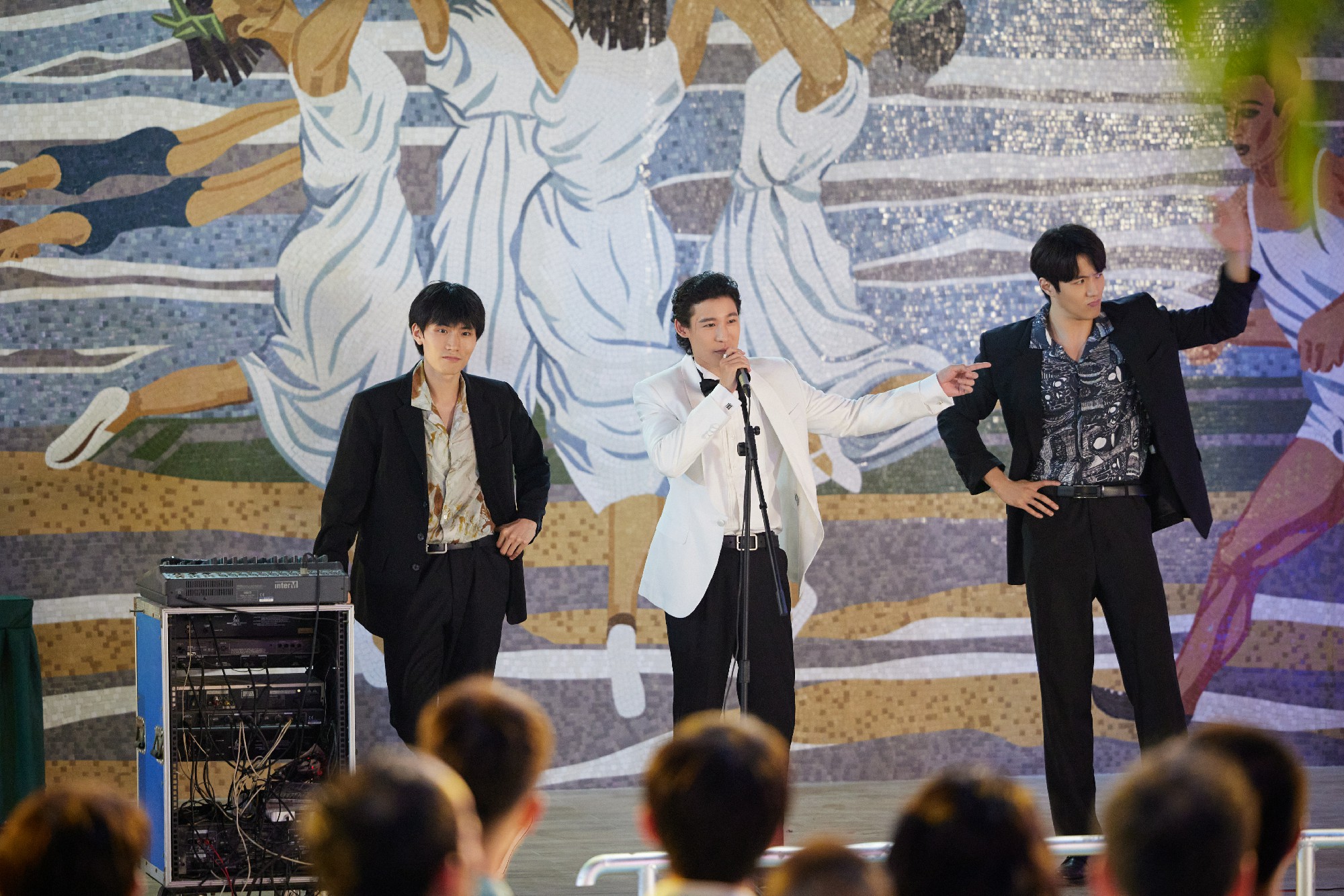
"Young Babylon" stills
This drama is not without its highlights. For example, although Lu Xiaolu worked very hard to repeat his studies, he still gave up the only exam spot to Bai Lan; another example is that the director of the factory, Ding Dezhong, always made it difficult for workers to take the adult college entrance examination. Many details do show the depressing and dull environment in the small town factories at that time and the hesitation of young people who could not find a way out. But overall, the overly cheerful love scenes diluted the sadness in the novel, and the extremely modern tones and settings It also makes the TV series lose its due sense of the times. The consequence of this is that this drama is hardly reminiscent of the 1990s, but more like an inspirational youth story that took place in an imaginary era.
This is probably the most regrettable part of this show. Speaking of which, Lu Xiaolu actually lived in the same era as Song Yunhui in "Dajiang Dahe" and Mr. Bao in "Flowers". The audience witnessed Song Yunhui's idealism on the TV screen and was moved by Mr. Bao's kindness and righteousness. However, people should not forget that there are still many ordinary roads and paths that have been lost in the changes of the times. Direction, they were brave, chased, and failed, until everything was quickly crushed by time.
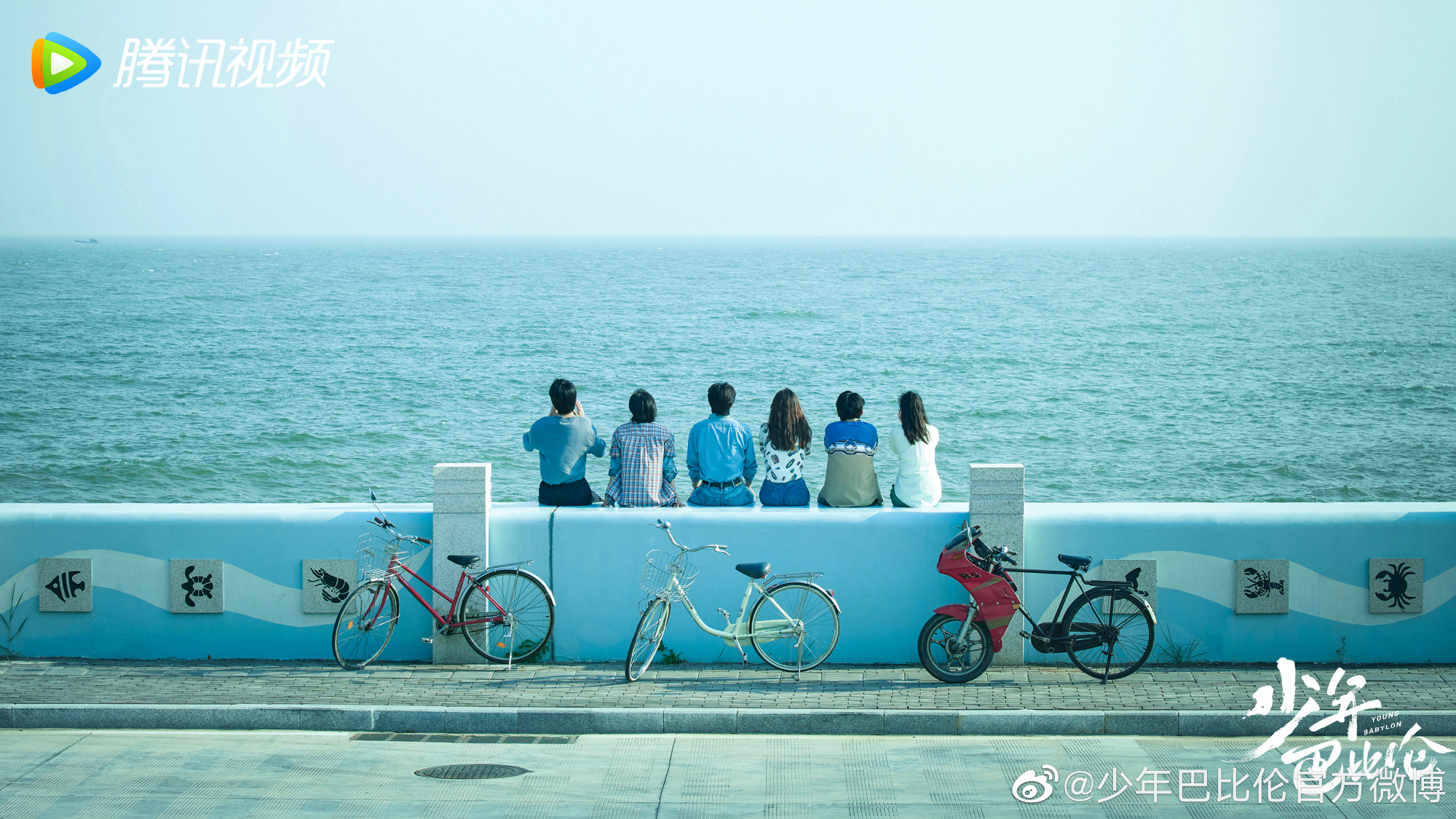
"Young Babylon" stills
The fatal dilemma of the TV series "Babylon" is that it wants to cater to and please today's young audiences and make the tone of the series more youthful and romantic, but the underlying tone of the novel is melancholy and sad. As a result, the whole work seems to be suspended in mid-air, failing to capture the essence of the past era, and also because of various "nonsense" plots that cannot be recognized by the current audience.
But this may also raise a real question: How should film and television works depict the past era? You might as well compare Lu Xiaolu in "Young Babylon" and Wang Yang in "The Long Season". They are similar in age and both want to leave their increasingly boring hometown, pursue ideal love, and pursue it freely. Your own dream, but who is closer to real life? The answer is obviously self-evident. So in the final analysis, creators cannot separate any artistic image from the historical environment in which it grew up, and just treat them as props on the stage.
